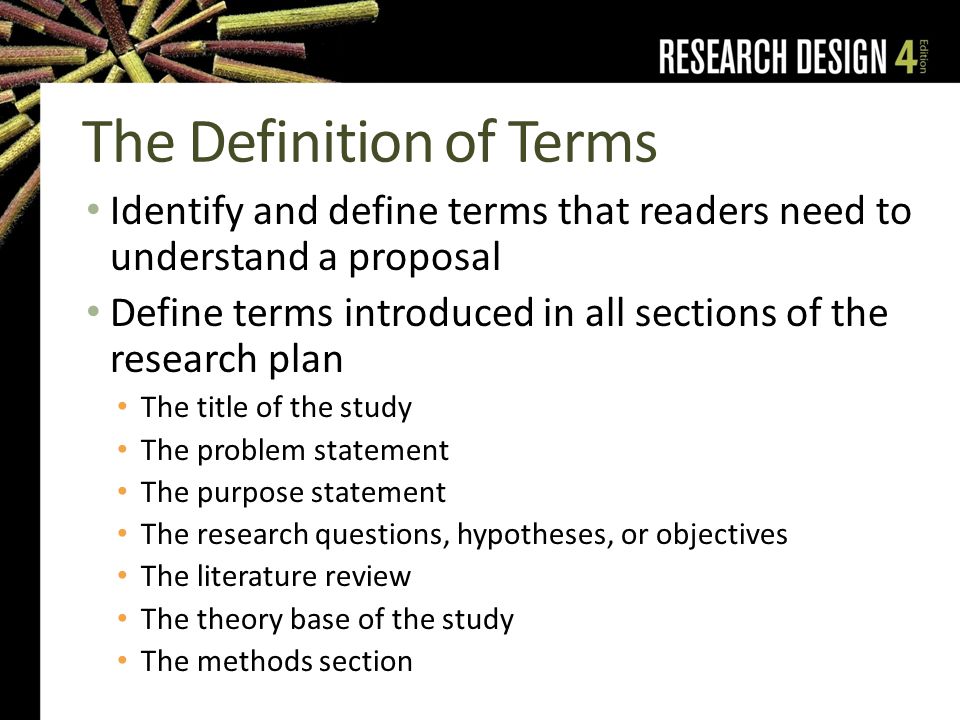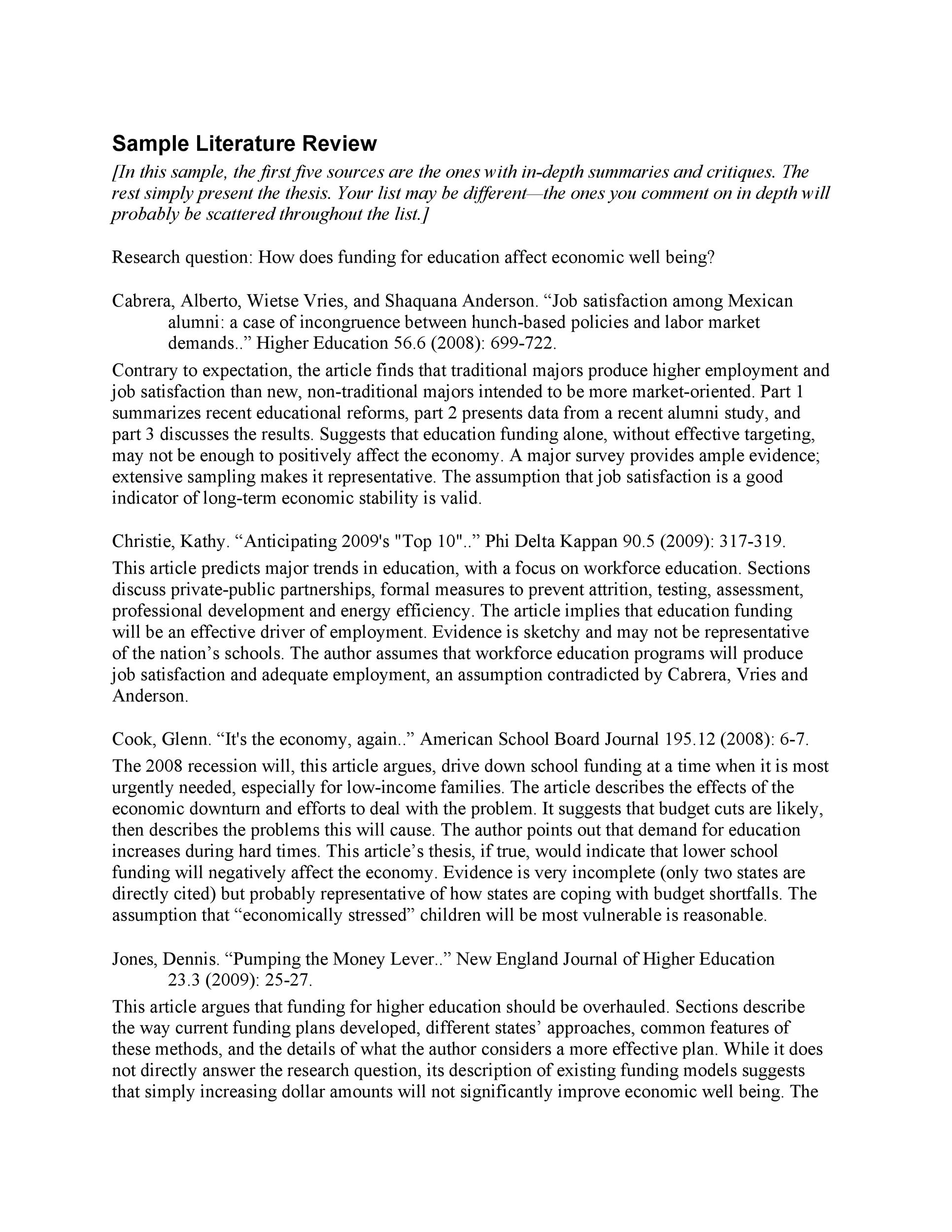The theory of buyer behavior (Book, 1969) (WorldCat.org).
Buying Behavior is the decision processes and acts of people involved in buying and using products. Need to understand: why consumers make the purchases that they make? what factors influence consumer purchases? the changing factors in our society. Consumer Buying Behavior refers to the buying behavior of the ultimate consumer. A firm needs to.Buyer behavior is the actions people take with regard to buying and using products. Marketers must understand buyer behavior, such as how raising or lowering a price will affect the buyer’s perception of the product and therefore create a fluctuation in sales, or how a specific review on social media can create an entirely new direction for the marketing mix based on the comments (buyer.CiteSeerX - Document Details (Isaac Councill, Lee Giles, Pradeep Teregowda): The motivational force behind writing this paper can only be the need for venturesomeness. This need was aroused partly by the speculative nature of the topic itself, which is to predict the future of buyer behavior theory, and partly by the deft envouragement of the session chairman, Jerry Zaltman.
Consumer Buying Behavior Defined. Consumer buying behavior is the sum total of a consumer's attitudes, preferences, intentions, and decisions regarding the consumer's behavior in the marketplace.Howard-Sheth model is one of models that represent consumer behaviour on the market.It attempts to explain the rationality of choice of the product by the consumer under conditions of incomplete information and reduced processing capability.It analyses the external symptoms of behaviour, reactions and thought processes that cannot be subject to direct observation.

Consumer behavior is the study of how and why people buy what they do. Businesses can sell more by considering characteristics of consumer behavior, like how psychology and environment influence buying decisions. Consumer behavior characteristics can be viewed in terms of individuals or groups.










